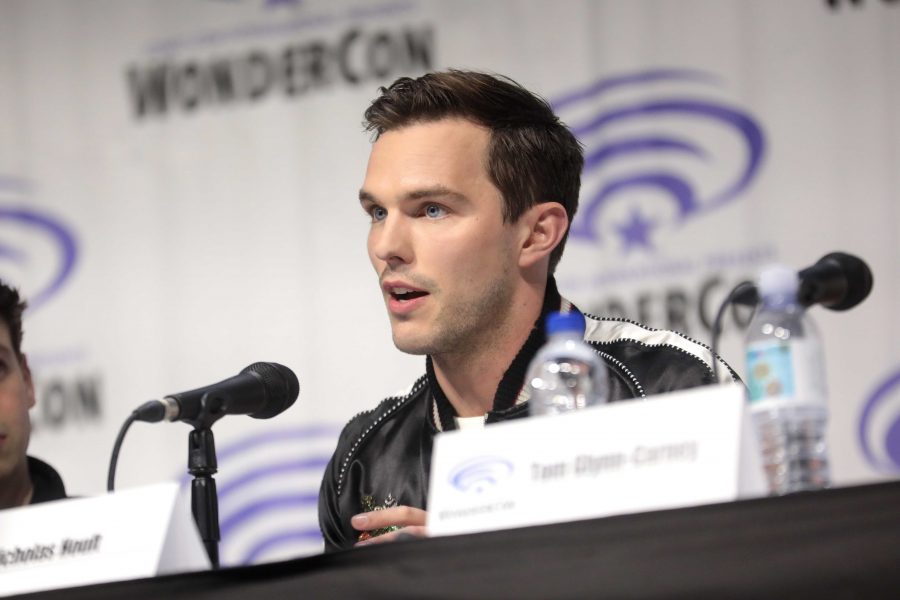Warning: This article may contain spoilers.
Biographical dramas are as popular as ever these days. For most people, not much is well-known about John Ronald Reuel (J.R.R.) Tolkien’s story. Now, “Tolkien” has hit theaters to portray the life of the greatest fantasy author of the 20th century. If not for Tolkien, we may not have as large or as a mainstream of a fantasy genre as we do today. “Tolkien,” from director Dome Karukoski, shows us the person that the author was before he began writing “The Hobbit,” back when he was a boy playing in the woods, and the events that influenced the makings of his works and the woman who consumed him and pushed him to become the man who impacts us to this day. However, there are times that the film inaccurately depicts the author’s true life.
We begin with Tolkien — actor Nicholas Hoult from “Mad Max: Fury Road,” “Warm Bodies“ and the “X-Men” series — freezing in the trenches of France near the front line during the Battle of the Somme in World War I while having a flashback to his childhood. According to the Tolkien Society, it was here that his soon-to-be-published works such as “The Silmarillion” and “The Book of Lost Tales Part One” began. In the movie, they chose to display his trench fever hallucinations more in-line with what people would recognize in well-known books such as “The Hobbit” and “Lord of the Rings.”
Lily Collins — the famous musician Phil Collins’ daughter — played the role of Edith Bratt phenomenally, bringing to life a boring and at times predictable script. On screen, there is without a doubt chemistry between Hoult and Collins. If this were any lesser of a cast, their love scenes would not have had the same impact. Screenwriters David Gleeson and Stephen Beresford and Karukoski have limited success in bringing to life Tolkien’s aspiration as a philosopher. Someone pursuing academia already comes off as boring on paper, and to watch it in the biopic genre is a hard feat to make it interesting.
Geoffrey Smith (Anthony Boyle), Christoper Wiseman (Tom Glynn-Carney) and Robert Gilson (Patrick Gibson) brought life to the characters in the fellowship that real-life Tolkien had formed a bond with from childhood into adulthood. It was clear the cast connected on the screen, showing love for their friendship and the arts. Some of the dialogue was not overly used, which offered some comic relief. Private Sam Hodges (Craig Roberts), who tends to Tolkien in the trenches, did not have much time to be animated. This may have led to the creation of Samwise Gamegee from LOTR, but the role was still critical to the story. Supporting actors and actresses like these tend to be given more emphasis compared to the shameless plug for advertising a poetry book written by one of Tolkien’s friends. Tolkien had written a foreword in the book of a collection of poems that he had encouraged the friend’s mother to publish. The focus came off as unfitting, whereas there was less focus on Tolkien’s efforts in his academic influencers.
In “Lord of the Rings” fashion, the film lasts for two hours and 12 minutes. It could have wrapped up the story in a shorter amount of time. The scenes were unnecessarily long, and the screenwriters could have brought the same points across if they took out some of the fluff. Sets were both believable and beautiful or harsh when appropriate. The music aided harmoniously to the settings as well.
Final Verdict: 6/10
“Tolkien” is a dramatized biopic which just hit theaters on Friday, May 10. The film isn’t historically accurate, but if you’re a fan of any of Tolkien’s work or curious about the life of the famous author, then this might be right up your alley. Be prepared for a lengthy sit in the theater and pay attention to the characters’ names, as they are hard to follow.


